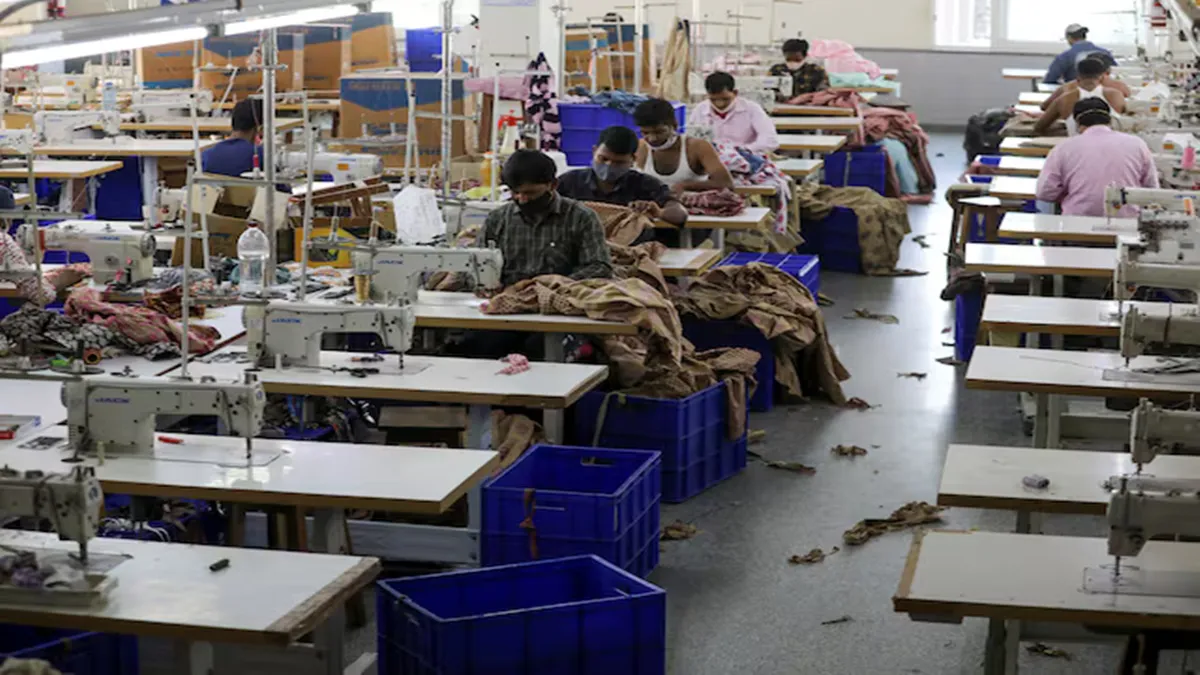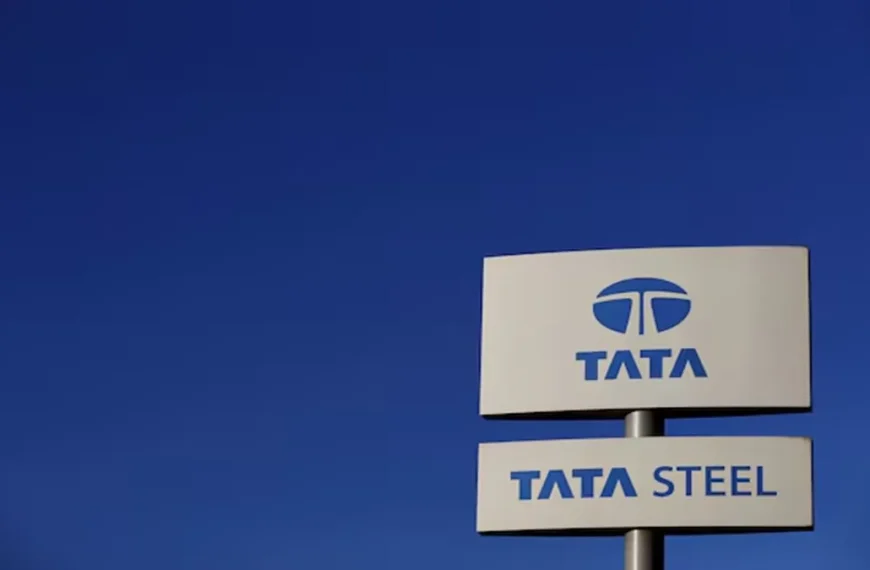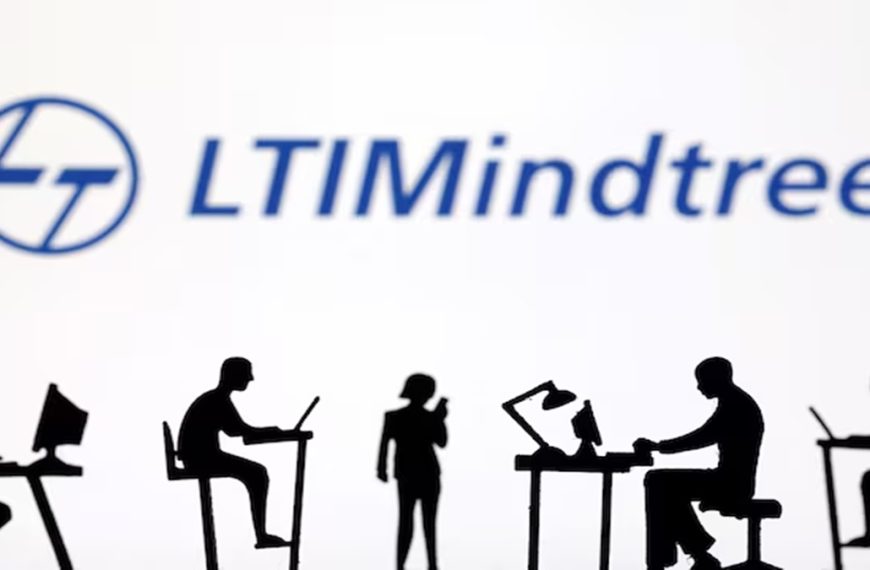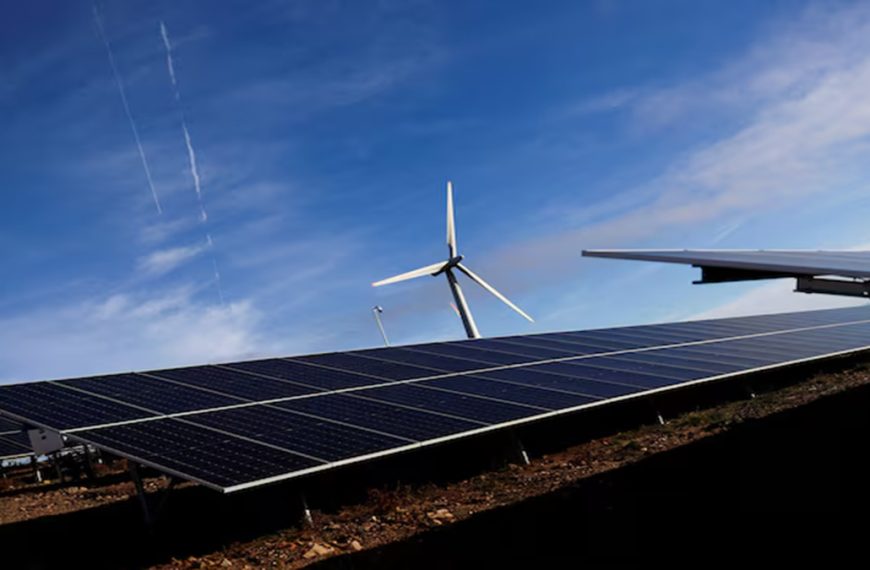India’s ready-made garment (RMG) exports to the United Kingdom are poised for significant growth, potentially doubling following the implementation of a Free Trade Agreement (FTA) between the two nations. Currently, the UK imposes a 12% duty on Indian-made garments, which could be eliminated altogether under the new agreement. A recent analysis from Care Edge Ratings suggests that India’s market share in the UK’s RMG imports could increase to 12% in the near future.
Current Market Overview
At present, India holds a 6% share of the UK’s total ready-made garment imports, totaling approximately $1.2 billion. The UK’s RMG market is substantial, with imports reaching around $20 billion in 2024. China is the dominant player, accounting for 25% of these imports, followed by Bangladesh at 20%. India ranks fourth among the top RMG exporters, trailing behind Turkey, which captures 7.9% of the market.
Challenges Hindering Growth
One of the primary obstacles for Indian RMG exporters is the 12% duty imposed by the UK, while competitors like Bangladesh, Turkey, Vietnam, and Italy enjoy duty-free access to this lucrative market. The anticipated elimination of this duty under the FTA would level the playing field for Indian manufacturers, giving them a competitive edge over countries like China, which also faces tariff challenges in the UK.
Expert Insights on Future Opportunities
Akshay Morbiya, Assistant Director at CareEdge Ratings, highlighted the potential for growth in the UK market: “The recovery in demand for ready-made garments, coupled with enhanced competitiveness of Indian exporters following the duty removal, is expected to create an annual export opportunity of approximately $1.1-1.2 billion in the near to medium term.”
Additional Benefits from the FTA
The India-UK bilateral trade, valued at around $60 billion, could see a transformation with the proposed FTA, which aims to make 99% of product categories duty-free. Sectors such as leather, footwear, gems, clothing, jewelry, auto components, and chemicals, which currently face duties of 4-6%, are also set to benefit significantly.
Timeline for Implementation
Discussions between India and the UK regarding the FTA are expected to take about three months before finalization. Following this, the agreement will require approval from the Indian Cabinet and the UK Parliament, with the complete implementation process anticipated to span approximately one year.
In summary, the anticipated FTA between India and the UK is expected to not only boost Indian ready-made garment exports but also enhance trade across multiple sectors, marking a new chapter in bilateral relations.











